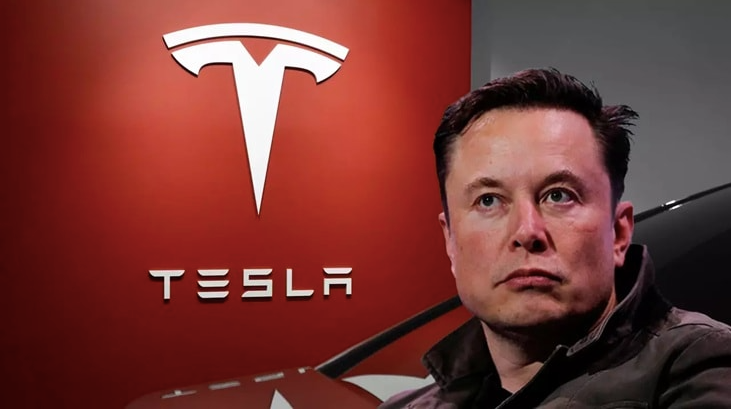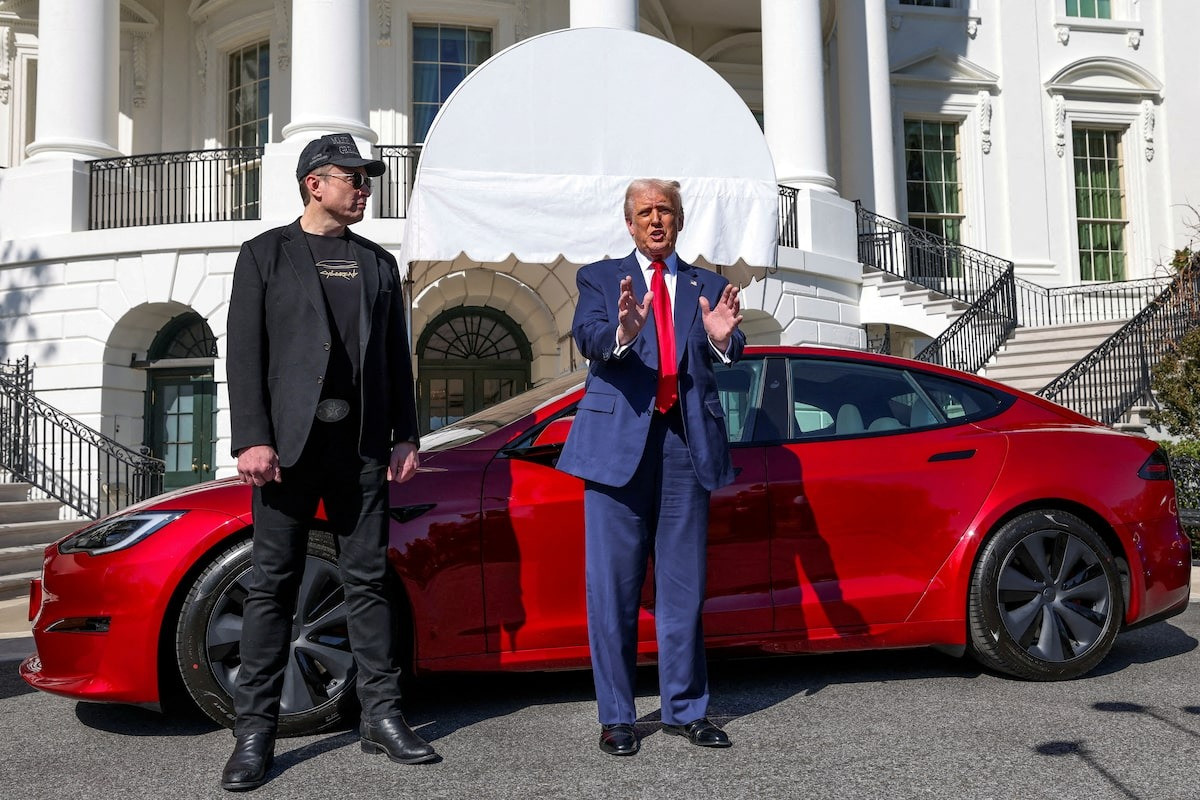Tesla has formally asked the Delaware Court of Chancery to overturn its earlier ruling that invalidated CEO Elon Musk's massive 2018 performance-based compensation plan. This aggressive legal maneuver follows a shareholder vote in which investors overwhelmingly re-approved the contested package.
The electric vehicle giant filed a motion urging Chancellor Kathaleen McCormick, the judge who voided the package earlier in the year, to recognize the results of the recent shareholder ballot. The original ruling found that the compensation plan—valued at approximately $56 billion at the time of the initial court decision—was improperly approved by Tesla's board due to a flawed process and the board members' conflicts of interest with Musk. The court’s decision in early 2024 stripped Musk of the colossal stock options, deeming the process by which the board negotiated and presented the deal to shareholders to be deeply compromised.
The Shareholder Ratification Argument
Tesla’s new legal filing centers on the principle of shareholder ratification. The company argues that the recent vote, conducted at its June 2024 annual meeting, has retrospectively cured any defects found in the 2018 approval process. In that vote, shareholders strongly supported both the reinstatement of the 2018 pay package and the proposal to move Tesla's state of incorporation from Delaware to Texas.

The company contends that by re-approving the package, shareholders—the ultimate owners of the company—have clearly expressed their will, and the court should defer to that decision. This argument frames the dispute as a matter of respecting corporate democracy and investor intent, rather than a technical legal flaw. Furthermore, Tesla’s legal team emphasized that the 2024 vote was conducted with full, robust, and highly publicized disclosure regarding the pay package's details, the history of the lawsuit, and Chancellor McCormick's original findings. This, they argue, satisfies the heightened standard required for a cleansing vote, demonstrating that the approval was granted by a truly informed majority, free from the board's initial influence issues. The company maintains that if Delaware law is to protect shareholders, it must honor their explicit, overwhelming choice, thereby validating the compensation agreement despite its earlier legal infirmities.
The Complicated Legal Landscape
The request presents a complex dilemma for the Delaware court. While shareholder ratification is often a powerful defense against corporate governance complaints, legal experts are divided on whether a subsequent vote can simply wipe away a final judicial ruling that deemed the original contract void from the start.
Chancellor McCormick's original opinion was scathing, describing Musk as a "Superstar CEO" who exerted undue influence over the board, which lacked independence when negotiating the package. She focused intensely on the lack of proper procedural safeguards and the informational imbalance that benefited Musk. The challenge for Tesla now is to convince the Chancellor that the June 2024 vote was genuinely independent and fully informed, overcoming the structural conflicts identified in her prior decision. Legal scholars note that while a properly executed ratification vote can shift the standard of judicial review, the court must first determine if the process was entirely fair and free of coercion, especially given the continuous and extraordinary control Musk holds over the company's narrative and shareholder base. The court is now tasked with evaluating not just the numerical result of the vote, but the quality of the information provided to the voters and the overall environment in which the vote took place, essentially forcing the court to examine the efficacy of corporate democracy under unique circumstances.
Musk’s Pushback Against Delaware
This motion is the most direct legal step in a broader campaign by Musk to reduce Tesla’s ties to Delaware, the traditional home for corporate litigation in the U.S. Following the original ruling, Musk publicly vented his frustration with the state's judicial system and swiftly announced his intention to hold a vote on reincorporating Tesla in Texas. This movement represents a significant challenge to Delaware's long-standing status as the preferred corporate domicile. The court’s handling of this reinstatement motion is being watched closely across the corporate law landscape, as it may influence other companies considering relocating.
Should the Delaware court reject the motion to reinstate the pay package, it would not only force Tesla and Musk to continue exploring further legal appeals but would also further solidify Musk’s resolve to relocate the company’s legal domicile, sending a powerful message about the perceived judicial hostility towards executive compensation in the state. Such an outcome could encourage other high-growth, high-profile companies to follow suit, potentially eroding Delaware's long-term business of corporate formation and litigation. The outcome of McCormick’s decision on this reinstatement motion will be a pivotal moment for both corporate law in Delaware and Musk’s massive personal fortune, determining whether his compensation package will be restored or whether he must devise a completely new structure for his multi-billion-dollar incentives.


0 comments:
Post a Comment